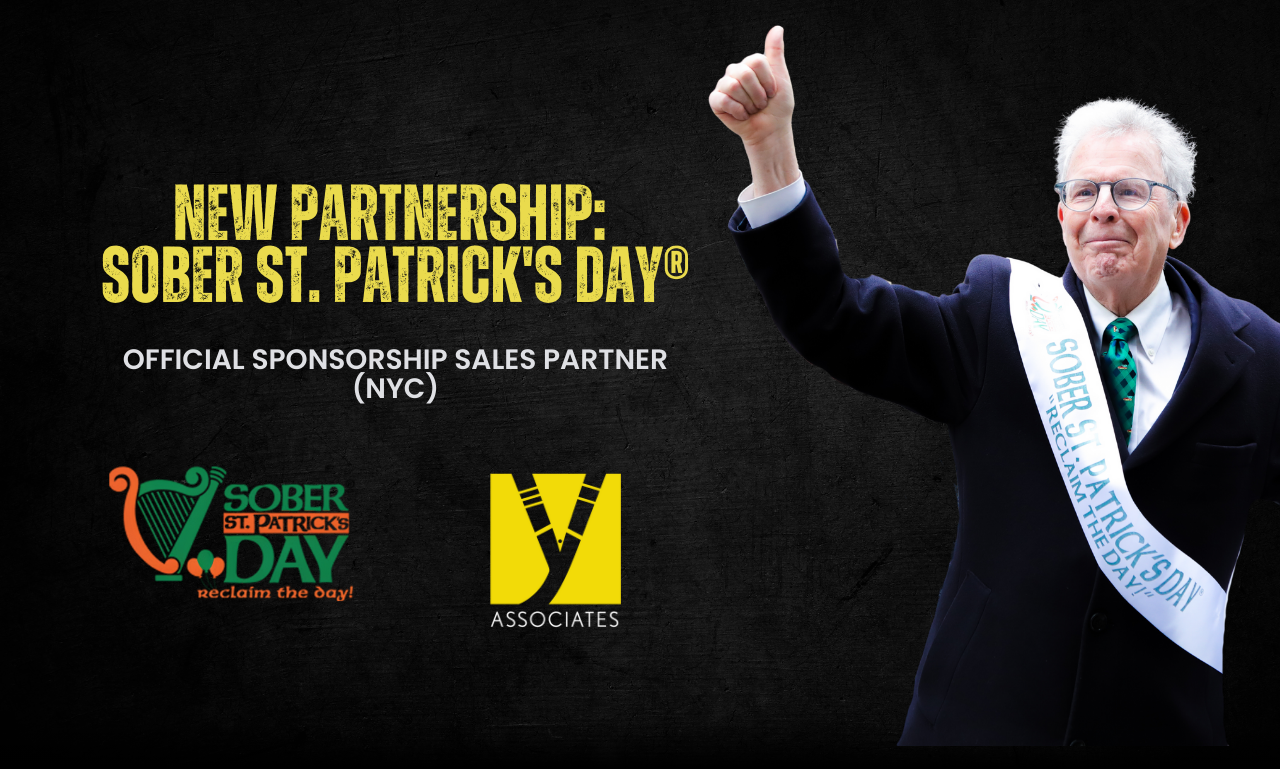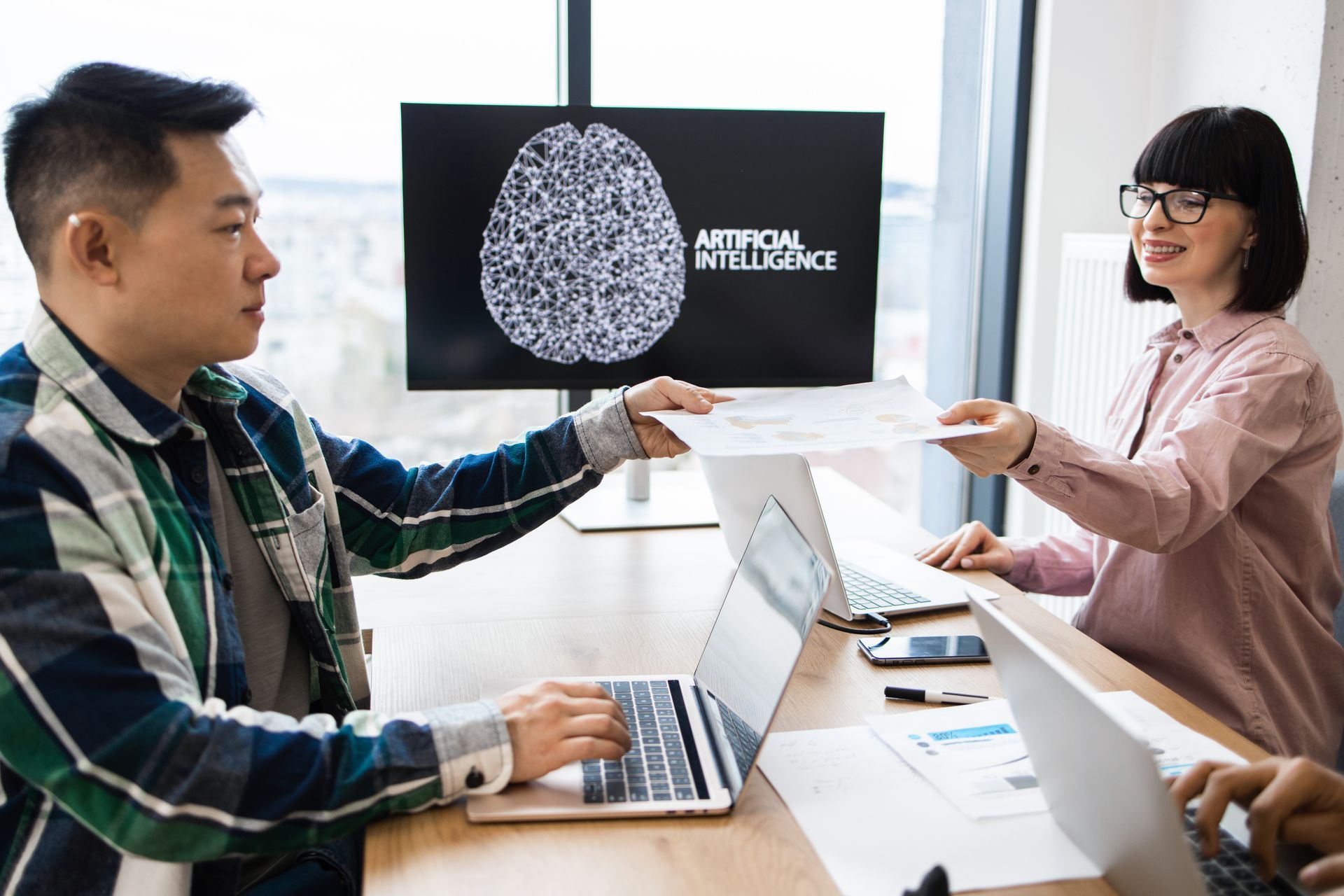The New SEO: Why Your Content Strategy Needs a Human-First Approach
The New SEO: Why Your Content Strategy Needs a Human-First Approach
The digital world is constantly evolving, and the strategies that worked yesterday might not deliver results tomorrow. At
Y Associates, we keep our fingers on the pulse of these changes to ensure our partners are always one step ahead. One of the most significant shifts we're seeing is in
Search Engine Optimization (SEO). The old playbook of keyword stuffing and technical tricks is officially outdated. Today, winning at SEO means adopting a human-first content strategy.
Introduction: Beyond Keywords and Backlinks
For years, SEO was seen as a technical game of pleasing search engine algorithms. Marketers focused on keyword density, accumulating backlinks, and optimizing metadata. While these elements still have a place, Google's algorithms have become incredibly sophisticated. They are now better at understanding context, user intent, and content quality—much like a human reader would.
This evolution means that the best way to rank high on search engine results pages is to create content that genuinely serves your audience. It's a move away from writing for bots and a return to writing for people. This human-first approach doesn't just improve your search rankings; it builds trust, authority, and a loyal community around your brand.
Key Insights: The Pillars of Human-First SEO
Adopting a human-first strategy means focusing on the experience you provide to your users. It’s about answering their questions thoroughly, engaging them with compelling content, and making their journey on your site as smooth as possible.
- Topical Authority Over Keyword Density: Instead of creating dozens of pages targeting slightly different keywords, the new strategy is to build "topical authority." This involves creating comprehensive, interconnected content clusters around a core subject. For example, a financial advisor wouldn't just write one blog post on "retirement savings." They would create a central pillar page about retirement planning and support it with articles on specific topics like "401(k) vs. IRA," "Catch-Up Contributions for Savers Over 50," and "How to Create a Retirement Budget." This shows search engines you are an expert on the entire topic.
- Search Intent is Everything: People use search engines to solve problems. Human-first SEO is about deeply understanding the "why" behind a search query. Is the user looking for information (e.g., "how does photosynthesis work?"), a specific website (e.g., "YouTube"), a product to buy (e.g., "best running shoes for flat feet"), or a local service (e.g., "plumber near me")? Structuring your content to directly address that intent is critical for success.
- Experience Matters: Page Experience and E-E-A-T: Google now directly considers user experience as a ranking factor. This includes how quickly your page loads, whether it's mobile-friendly, and if it's secure. Furthermore, the concept of E-E-A-T (Experience, Expertise, Authoritativeness, and Trustworthiness) is paramount. You need to demonstrate that your content is created by credible sources who have real-world experience on the topic.
Benefits for Small and Medium Businesses
This strategic shift is great news for smaller businesses that may not have the resources to compete on a purely technical level.
- Build a Lasting Asset: Content that is genuinely helpful and well-researched has a long shelf life. Unlike a paid ad campaign that stops when you stop paying, a high-quality blog post or guide can attract organic traffic and generate leads for years.
- Attract Qualified Leads: When you create content that solves specific problems for your target audience, you attract people who are actively looking for your solutions. This results in higher-quality leads who are more likely to convert into customers.
- Cultivate Brand Trust and Loyalty: By consistently providing value and demonstrating your expertise, you build trust. Customers are more likely to buy from a brand they see as a helpful, authoritative resource. A local accounting firm that publishes clear, helpful articles on small business tax laws will be the first one people call when they need help.
Challenges and How to Overcome Them
The biggest challenge of a human-first SEO strategy is that it requires time and consistency. It’s not a quick fix. You need to commit to regularly producing high-quality content that serves your audience.
Another challenge is the need for genuine expertise. You can't fake E-E-A-T. Your content must be accurate, insightful, and demonstrate a real understanding of your field. The best way to overcome this is to involve your entire team. Your technicians, salespeople, and customer service reps have valuable insights that can be turned into authentic content. Don't just rely on marketers; tap into the expertise that already exists within your company.
Conclusion: Let Y Associates Build Your Content Engine
The future of SEO is human. It's about creating valuable experiences and building genuine connections with your audience. By focusing on topical authority, search intent, and demonstrating your expertise, you can build a powerful, sustainable engine for organic growth that will serve your business for years to come.
This is more than just a marketing trend; it's a fundamental shift in how brands earn visibility online. At Y Associates, we specialize in developing and executing human-first content strategies that drive meaningful results. We help businesses like yours uncover what your audience truly needs, create content that meets them there, and build a digital presence that stands the test of time.
If you’re ready to stop chasing algorithms and start building a real connection with your customers, we should talk. Contact Y Associates today, and let's craft a content strategy that will put you at the top.











